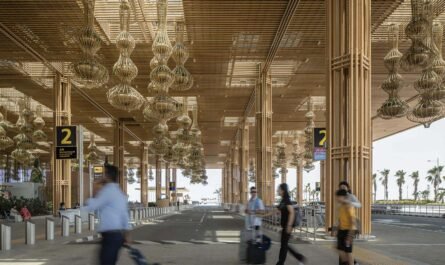The Public Investment Fund (PIF), the sovereign wealth fund of Saudi Arabia, is highlighting its efforts to strike a balance between economic development and environmental protection. This comes amid growing global concern over biodiversity loss, with the UN pinpointing unsustainable human practices as a major threat.
The PIF’s strategy emphasizes eco-friendly and luxurious tourism projects, alongside responsible mining practices. This two-pronged approach aims to generate revenue for the kingdom while safeguarding its natural heritage.
According to the UN, human activity is a primary driver of biodiversity loss. A recent report indicates that over 44, 000 species are currently endangered, with 70% of coral reefs under threat, and fertile land loss surging by nearly a third since the turn of the century.
Saudi Arabia has acknowledged the gravity of the situation and has reaffirmed its commitment to environmental sustainability. The country is a signatory to the UN Convention on the Law of the Sea, which underscores the importance of marine biodiversity conservation.
A significant development this year was the King Salman bin Abdulaziz Royal Natural Reserve achieving accreditation as the first major biodiversity site in the Kingdom. Spanning over 130, 000 square kilometers, the reserve met three key global standards, including harboring endangered species. This prestigious recognition was conferred by Key Biodiversity Areas and coincided with the International Day for Biological Diversity in May.
The PIF’s focus on sustainable tourism is exemplified by The Red Sea Project, a luxury tourism destination on the northwestern coast. The project incorporates stringent environmental regulations and eco-friendly practices to minimize its ecological footprint. This includes the adoption of solar energy and the implementation of wastewater treatment facilities.
The PIF is also engaged in developing sustainable mining practices. The organization recognizes that mining can have a negative impact on the environment and is committed to mitigating these risks. Its strategy emphasizes responsible resource extraction techniques and measures to minimize land degradation and pollution.
The PIF’s approach to balancing economic growth with environmental protection is being closely monitored. The success of its initiatives could serve as a model for other countries seeking to achieve similar goals. With the global community increasingly focused on sustainability, the PIF’s commitment to environmental responsibility is a positive step forward.
____________________________________
This article first appeared on Greenlogue and is brought to you by Hyphen Digital Network



